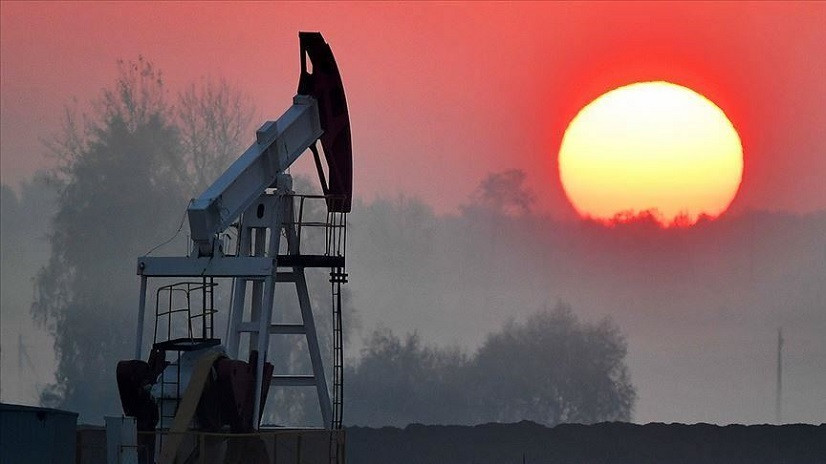The era of relentless oil demand growth is over. In its latest energy outlook report released on September 14, BP warns that global oil consumption may never return to pre-crisis levels. BP is the first energy giant to predict the end of an era which many analysts thought would last at least another decade or more.

At best, global oil demand should remain stable for another 20 years given that the energy market changes its approach and starts transition to low-carbon sources.
In general, the largest energy companies and OPEC ministers expect to see another decade of growth in oil demand. These forecasts are based on assumption that oil is the only source of energy that can satisfy the demand of the increasing global population and expanding middle class. And in this regard, BP's statement may sound too loud. But why did the British company suddenly sound the alarm? BP experts are sure that oil will inevitably lose competition with renewable energy sources. With this in mind, the company has taken bold steps to align its business with the goals of the Paris Climate Agreement. BP CEO Bernard Looney announced in August this year that his company would cut oil and gas production by 40% in the next 10 years. What is more, BP is set to invest $5 billion each year to build one of the world's largest renewable-power businesses.
Oil consumption might never recover to the levels seen before the coronavirus crisis. Therefore, BP experts have identified three scenarios for the energy market development until 2050. The first of them is called "business-as-usual". Under this scenario, global oil consumption will remain unchanged for the next 30 years. The second scenario is called "rapid" and predicts a slump in oil consumption by at least 50% in the next 30 years. The third scenario, called "net zero" predicts that global oil consumption will decline by almost 80% over the next 30 years.
The coronavirus pandemic has dealt a serious blow to fuel demand worldwide. As expected, after the easing of the lockdown measures, oil consumption revived, thus sending the prices higher. However, in the current situation when there is no vaccine against coronavirus, the outlook for the commodity market is rather fragile.
Various long-term changes in everyday life, including the shift of many people to remote work, will inevitably influence global economic activity and the well-being of the developed world. All of this could ultimately change the demand for fossil fuels. From this point of view, a bold statement of the BP CEO sounds quite reasonable.





















